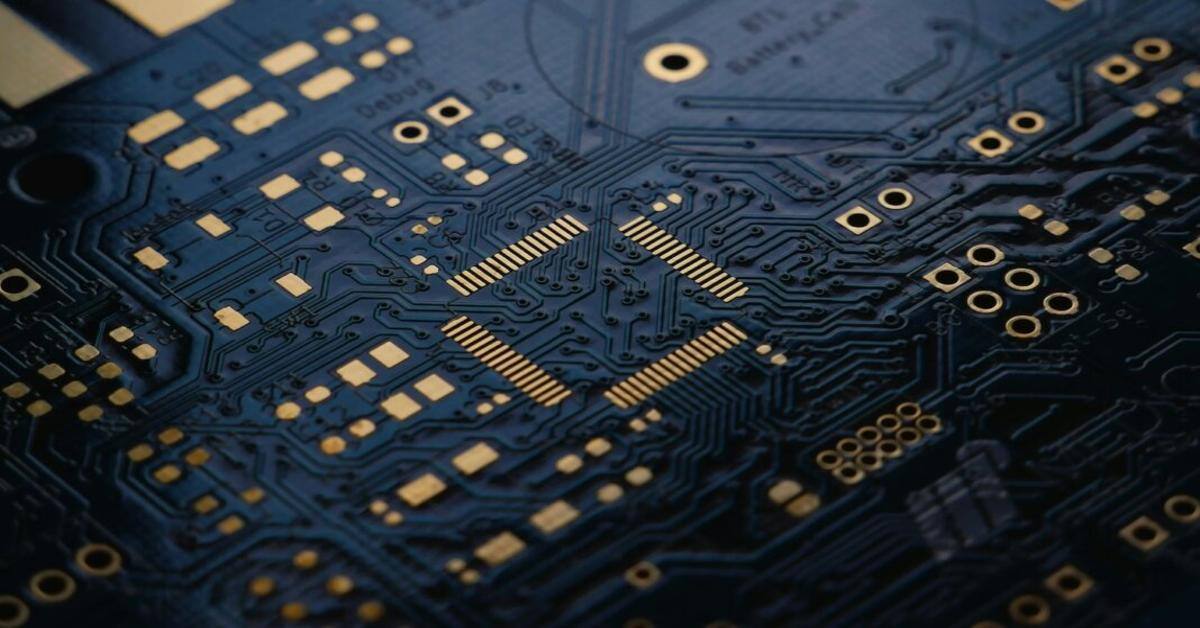In a world often saturated with negativity, it’s crucial to focus on the incredible advancements reshaping our future. This article explores a powerful synergy: the convergence of artificial intelligence (AI) and higher education, specifically its potential to revolutionize cancer research and treatment. We’ll examine how AI-powered universities are accelerating breakthroughs in understanding and combating the deadliest forms of cancer, offering a beacon of hope amidst the challenges. Prepare to be inspired by the transformative power of data-driven optimism and the incredible potential of human ingenuity.
The Exponential Growth of Data in Oncology
The sheer volume of data generated in oncology – from genomic sequencing to patient records and clinical trial results – is overwhelming. Traditional methods struggle to analyze this information efficiently. However, AI excels at processing vast datasets, identifying patterns, and generating insights that would be impossible for humans to discern. This allows for faster identification of potential drug targets and personalized treatment strategies.
AI’s Role in Drug Discovery and Development
AI is dramatically accelerating drug discovery. By analyzing massive datasets, AI algorithms can predict the effectiveness of potential drug candidates, significantly reducing the time and cost associated with traditional drug development. This speed and efficiency are critical in the fight against aggressive cancers where time is of the essence. Machine learning models can even identify patients who are most likely to respond to specific treatments, leading to more effective and personalized therapies.
AI-Driven Personalized Medicine for Cancer Patients
The ability to tailor cancer treatment to an individual’s unique genetic profile is a game-changer. AI algorithms can analyze a patient’s genomic data, medical history, and lifestyle factors to predict the likelihood of developing certain cancers and recommend personalized prevention strategies. Furthermore, AI can help optimize treatment plans, predicting which therapies will be most effective and minimizing side effects. This precision medicine approach holds the key to significantly improving cancer treatment outcomes.
The Transformation of Medical Education Through AI
AI is not just changing cancer research; it’s also transforming medical education. AI-powered platforms can provide personalized learning experiences, adapting to individual student needs and providing targeted feedback. This ensures that future oncologists and researchers are equipped with the advanced knowledge and skills necessary to tackle the challenges of cancer in the 21st century. Simulated environments powered by AI can provide students with valuable hands-on experience in diagnosing and treating complex cases.
The Future of AI and Cancer Research
The integration of AI in cancer research and medical education represents a paradigm shift. AI-powered universities are not just institutions of learning; they are engines of innovation, pushing the boundaries of what’s possible in the fight against cancer. As AI technology continues to evolve, we can expect even more significant breakthroughs in understanding, diagnosing, treating, and ultimately curing cancer. The future holds immense promise, and by embracing the power of data-driven optimism, we can build a world where cancer is no longer a death sentence.

